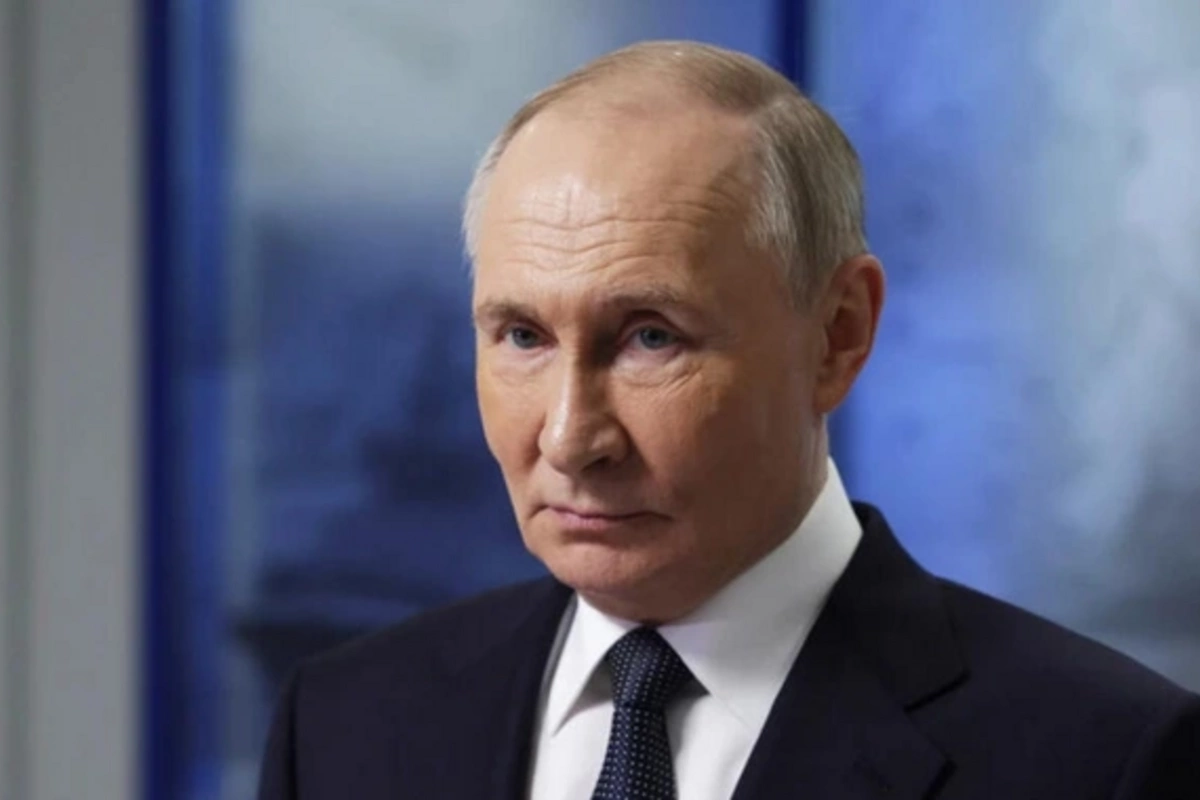28 Jun , 22:05
0

In Russia, there is a systemic discriminatory policy against non-Slavic peoples
According to TUT.AZ, the Russian Federation shows a persistent trend of discrimination against representatives of non-Slavic nationalities, including people from Azerbaijan, Uzbekistan, Kyrgyzstan, and Turkmenistan. This phenomenon manifests at all levels of public life: from everyday interactions to the work of law enforcement agencies, the judicial system, and state rhetoric.
Representatives of ethnic minorities are regularly portrayed in a negative light as "potentially dangerous elements" or a "social burden." Such practices go beyond verbal humiliation and are supported by specific legal and administrative mechanisms aimed at marginalizing these population groups.
Historical analysis shows that such approaches have deep roots in Russian statehood. Even in Tsarist Russia, national minorities were subjected to assimilation pressure. During the Soviet period, this policy was masked by the rhetoric of internationalism but actually continued the line of Russification. In modern Russia, these tendencies have become more pronounced.
Observers note that if even the Ukrainian people, who are close in culture and history, face harsh policies, then the situation of other ethnic groups causes even greater concern. International organizations record numerous human rights violations against ethnic minorities in Russia.
After the collapse of the USSR, chauvinistic sentiments in Russia intensified, especially toward the peoples of the North Caucasus. The tragic events in Chechnya became the most striking example of this policy. Today, similar approaches are applied to migrants from Central Asia and representatives of Caucasian peoples.
In the 1990s, authorities often ignored the activities of radical groups that attacked people of non-Slavic appearance. According to research, some of these groups had connections with intelligence services. Currently, the functions of putting pressure on ethnic minorities have been transferred to official structures, including law enforcement agencies.
Experts emphasize that such a policy damages not only the discriminated groups but also Russian society itself, contributing to increased tension and distrust between different ethnic groups.
The role of the Russian Orthodox Church deserves special attention, which, according to analysts, often supports nationalistic rhetoric instead of promoting universal human values.
Recent events in Yekaterinburg, where attacks on Azerbaijanis occurred while law enforcement agencies remained inactive, are viewed as another manifestation of systemic inequality. The term "ethnic criminality," used in official rhetoric, serves as a tool to justify repressive measures against ethnic minorities.
Historians draw parallels between the current situation and repressive practices of the past, noting that today human rights violations based on ethnicity often occur outside the legal field.
The Azerbaijani people also have a tragic experience of interaction with Russian policy. The events of January 1990 in Baku, the tragedy in Khojaly, and other historical episodes are viewed as part of a long process of pressure on the Turkic-Muslim peoples of the region.